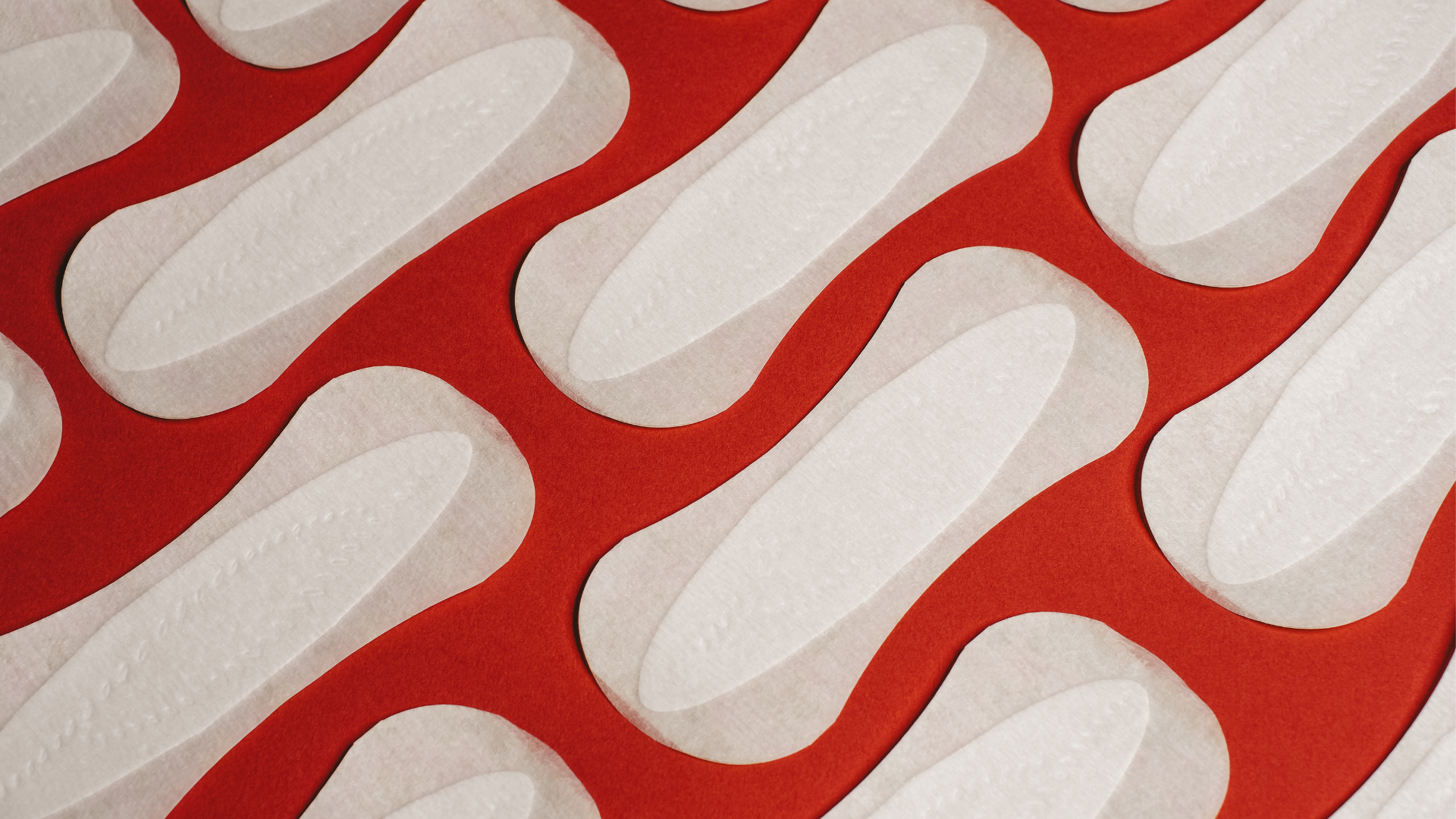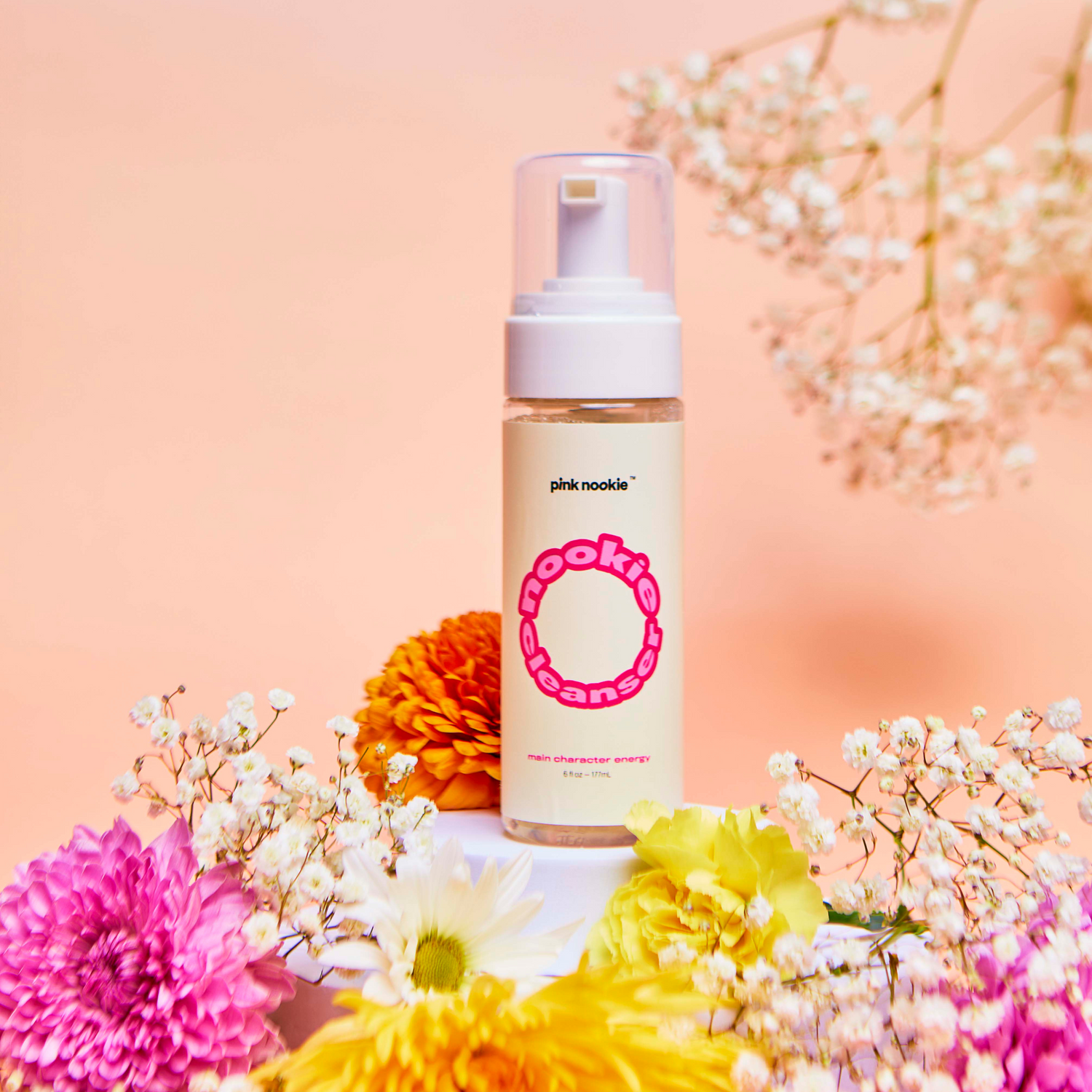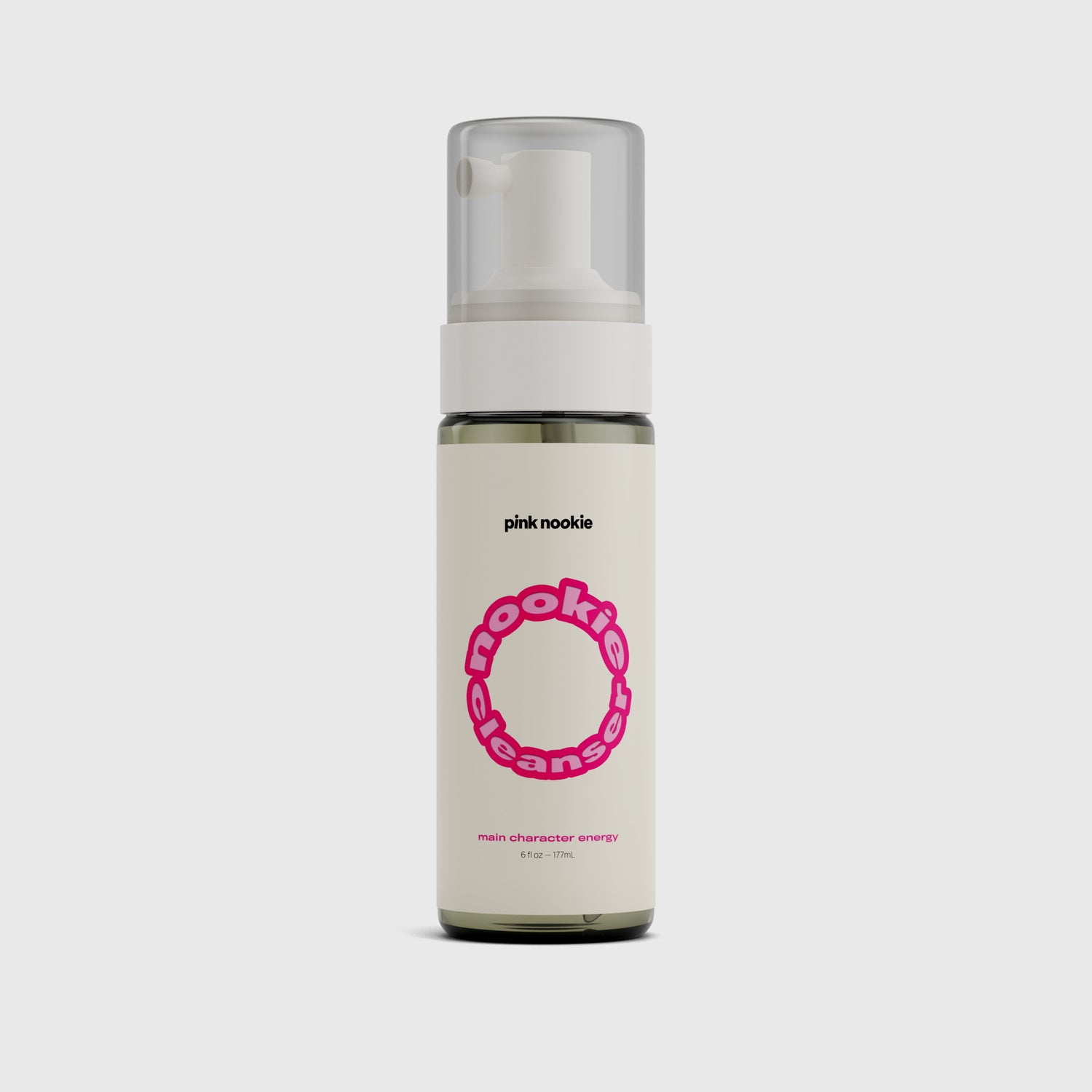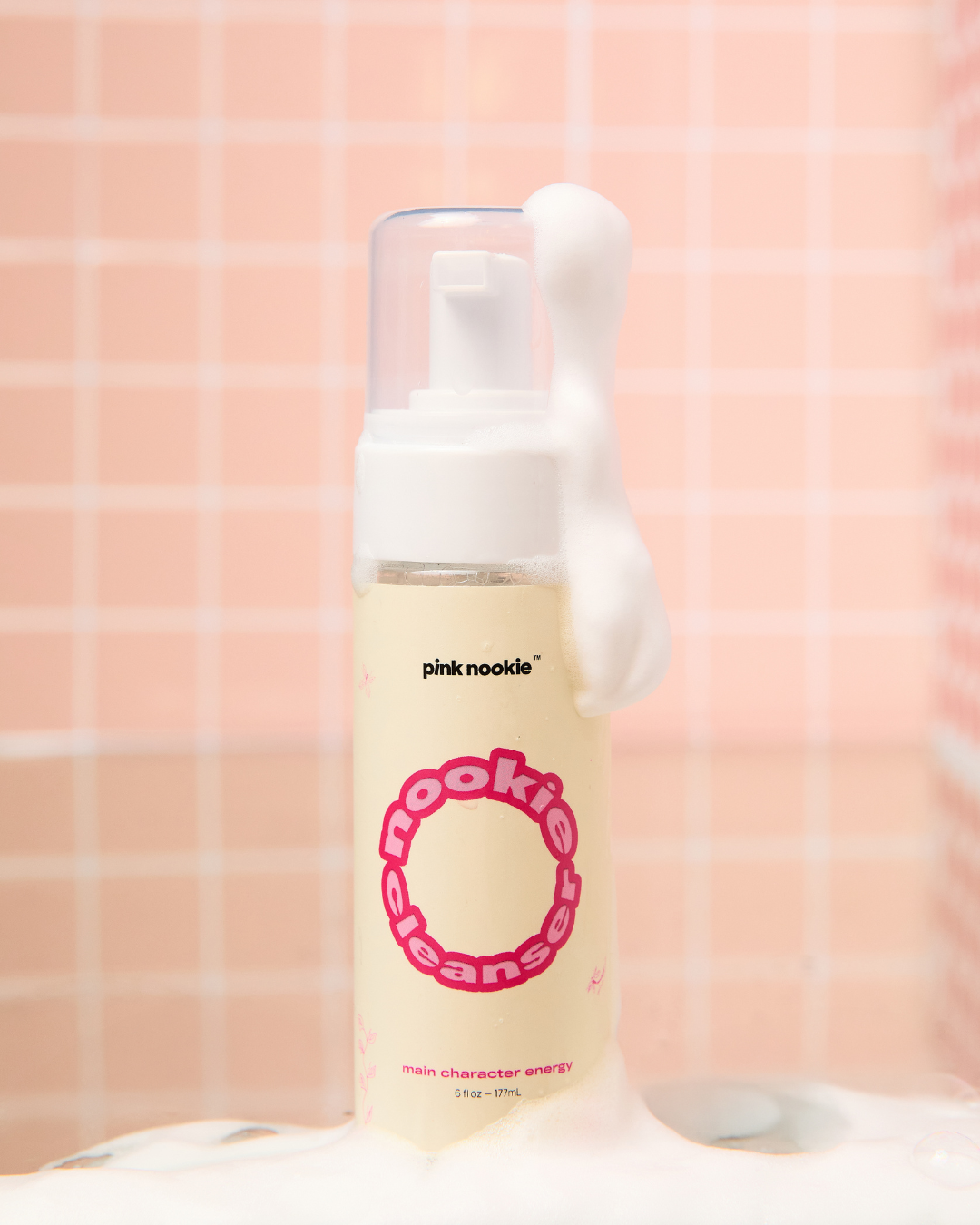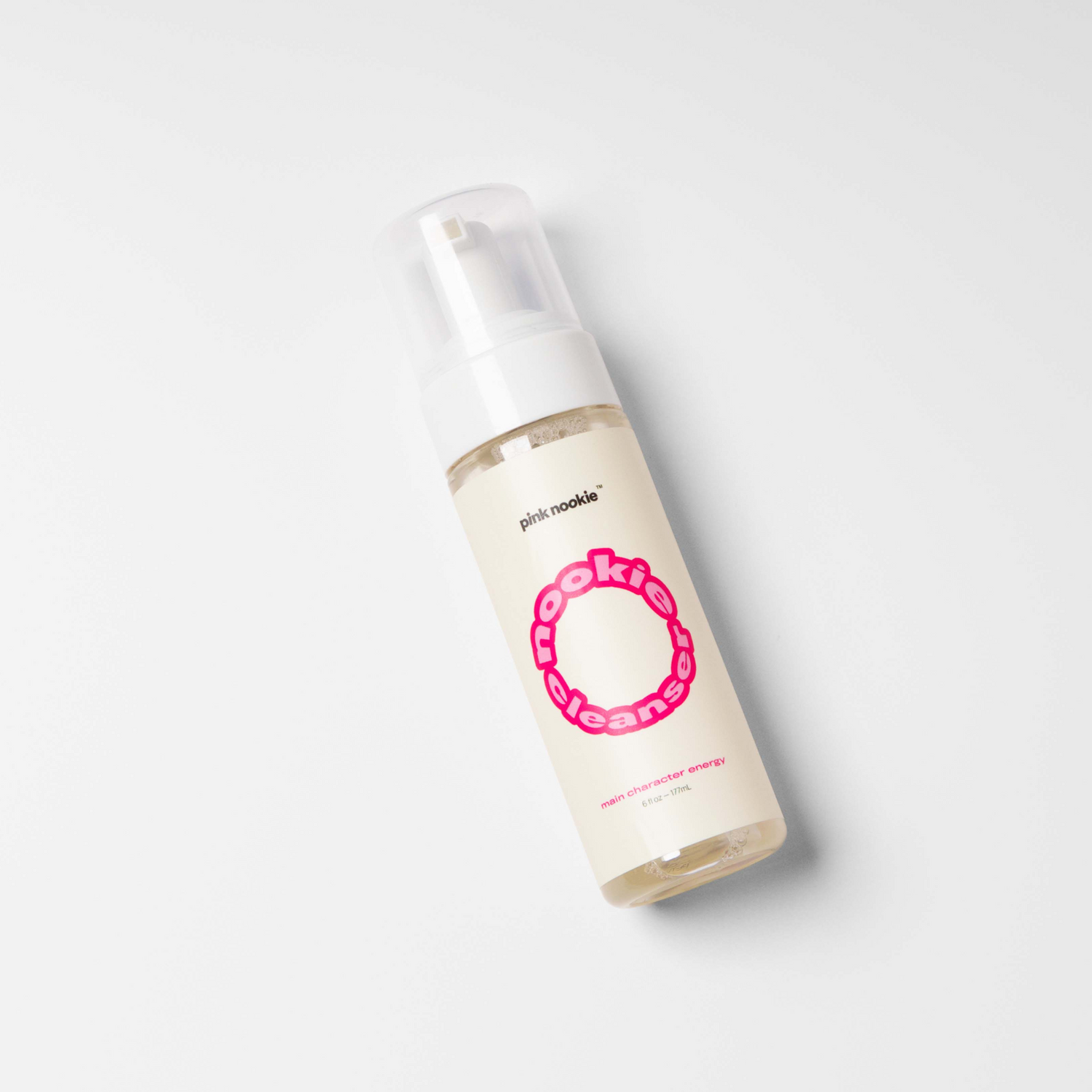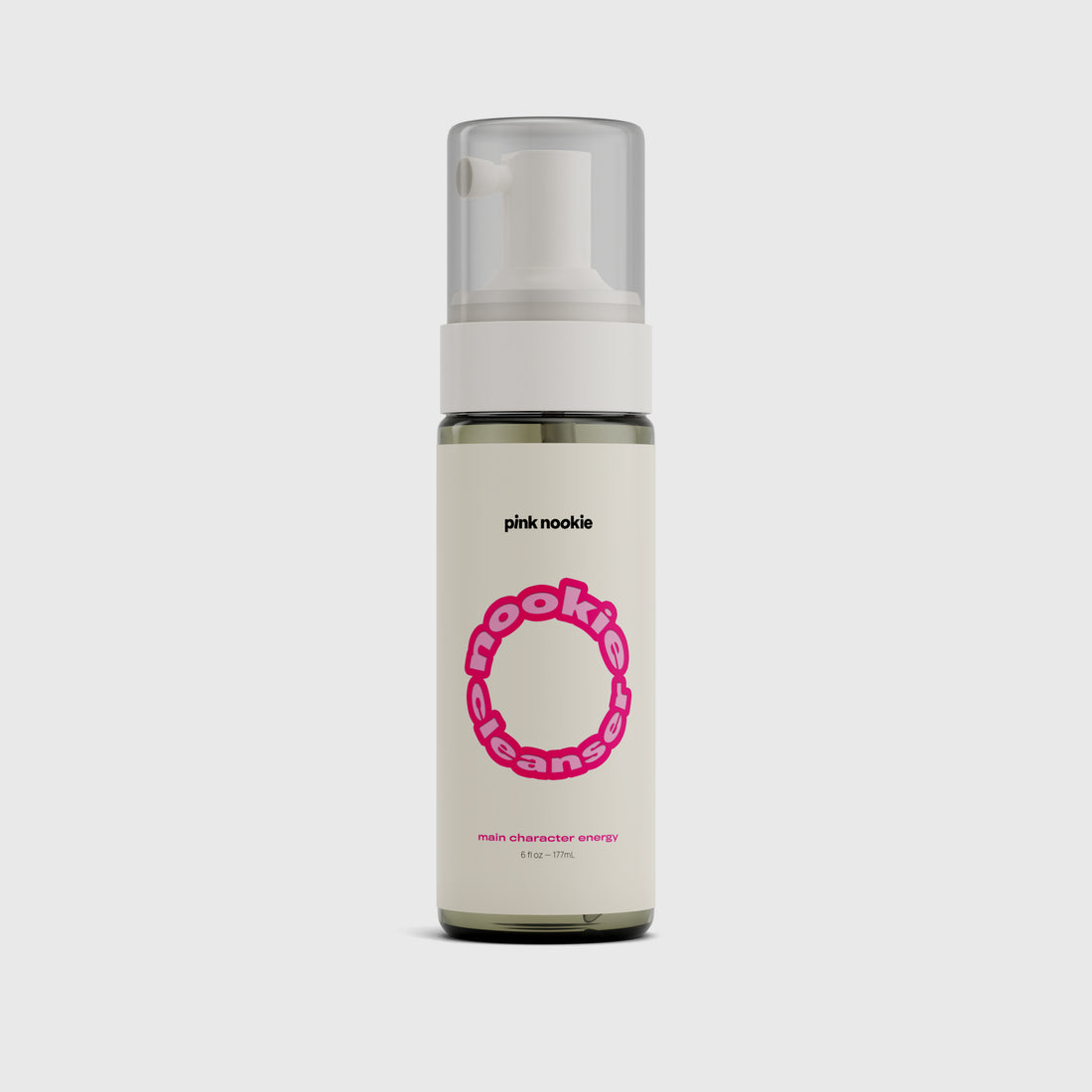
Heavy Periods:
What’s Normal vs. What Needs Attention
Some months your flow feels manageable. Other months it feels like your period showed up with a vengeance.
Ruining clothes, making you double up on pads, and leaving you drained.
But how heavy is too heavy? The truth is, many women aren’t sure where “normal” ends and “needs attention” begins. Let’s break it down.
What’s Considered a Heavy Period?
The medical term for heavy periods is menorrhagia. Doctors define it as:
✨ Bleeding that lasts longer than 7 days
✨ Soaking through pads/tampons every 1–2 hours
✨ Passing large blood clots (bigger than a quarter)
✨ Needing to double up on protection at night
✨ Periods that interfere with daily life (missed work, cancelled plans, exhaustion)
A normal flow averages about 2–3 tablespoons of blood over your period. With heavy bleeding, it can be double or more.
Nookie Cleanser
- Regular price
-
$37.00 - Regular price
-
- Sale price
-
$37.00
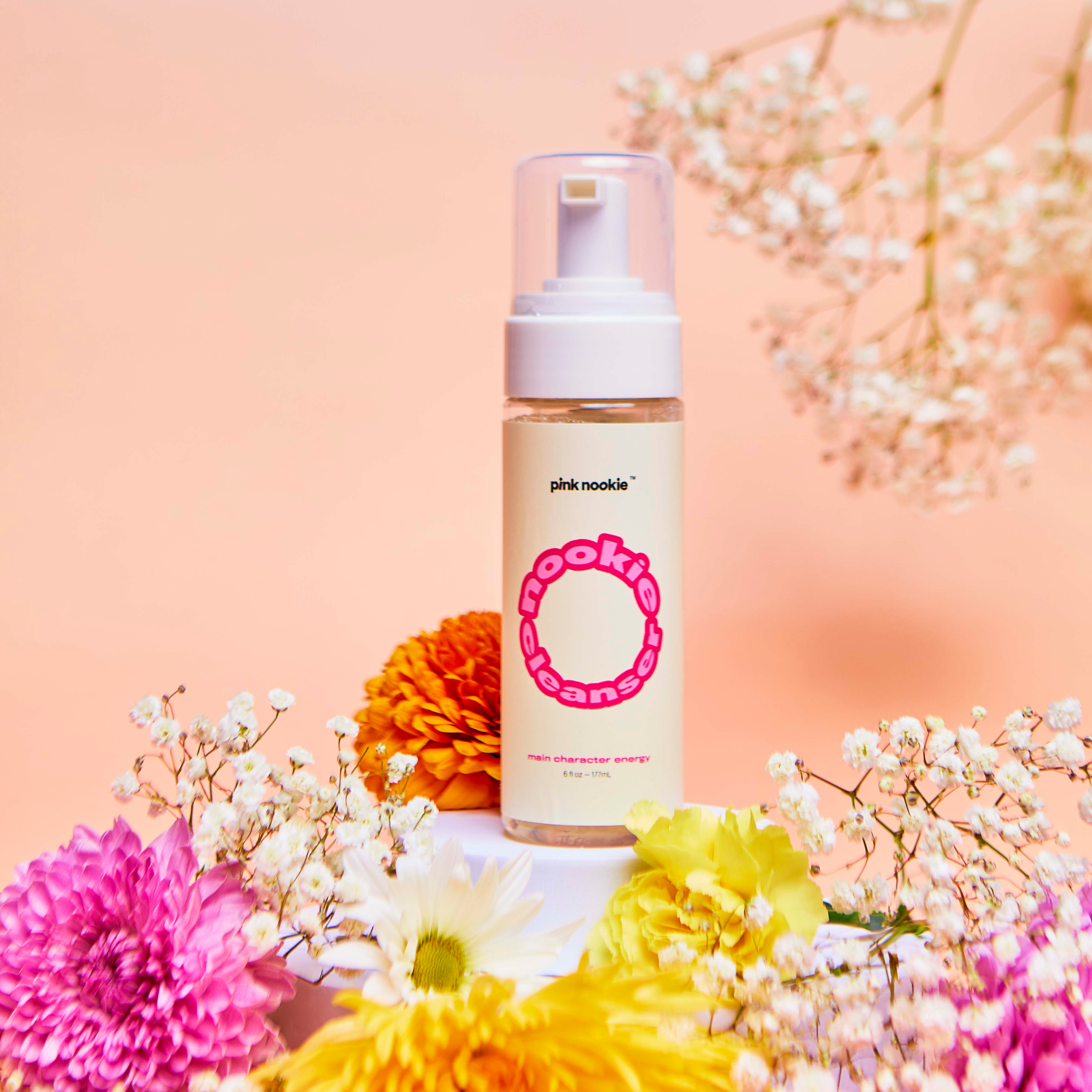
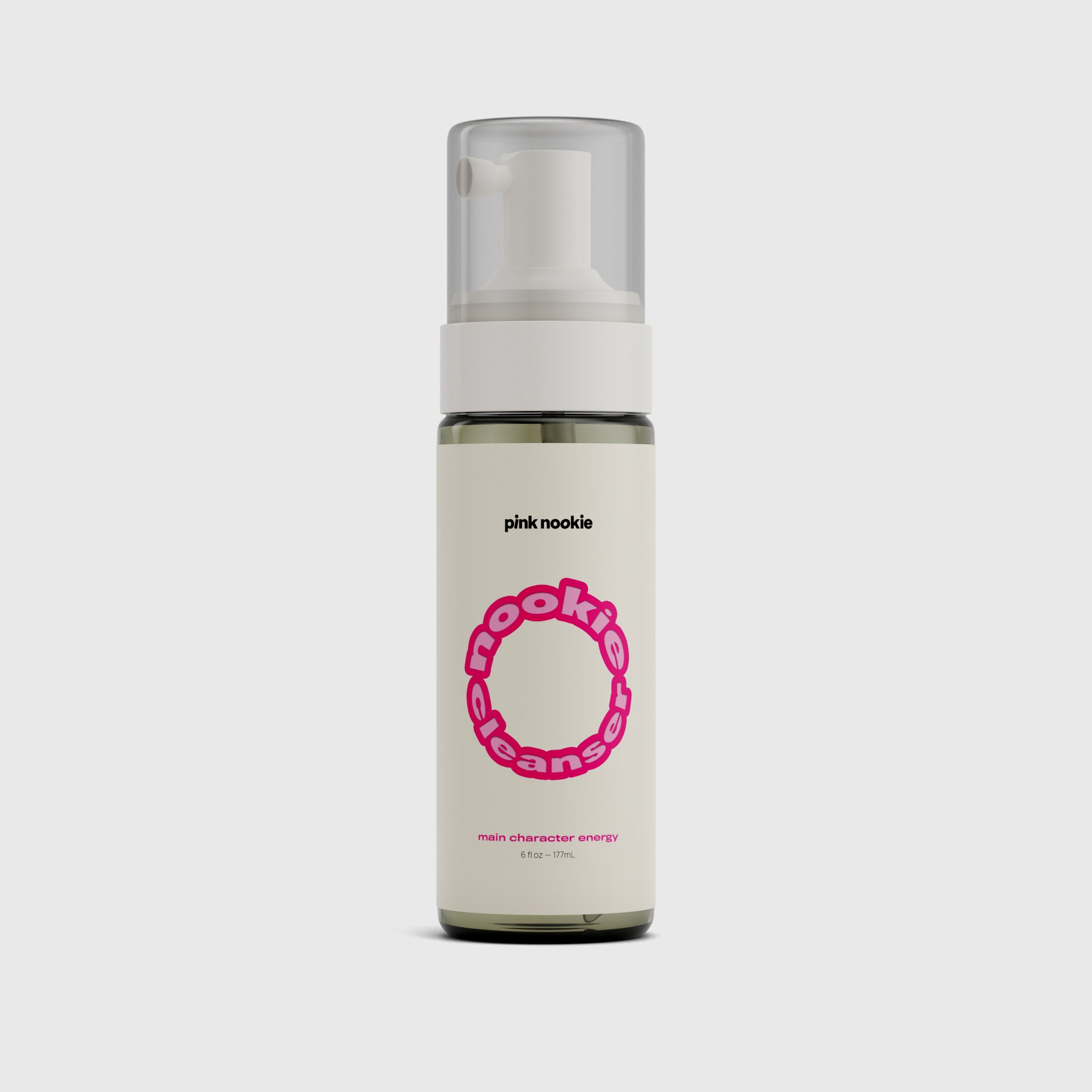
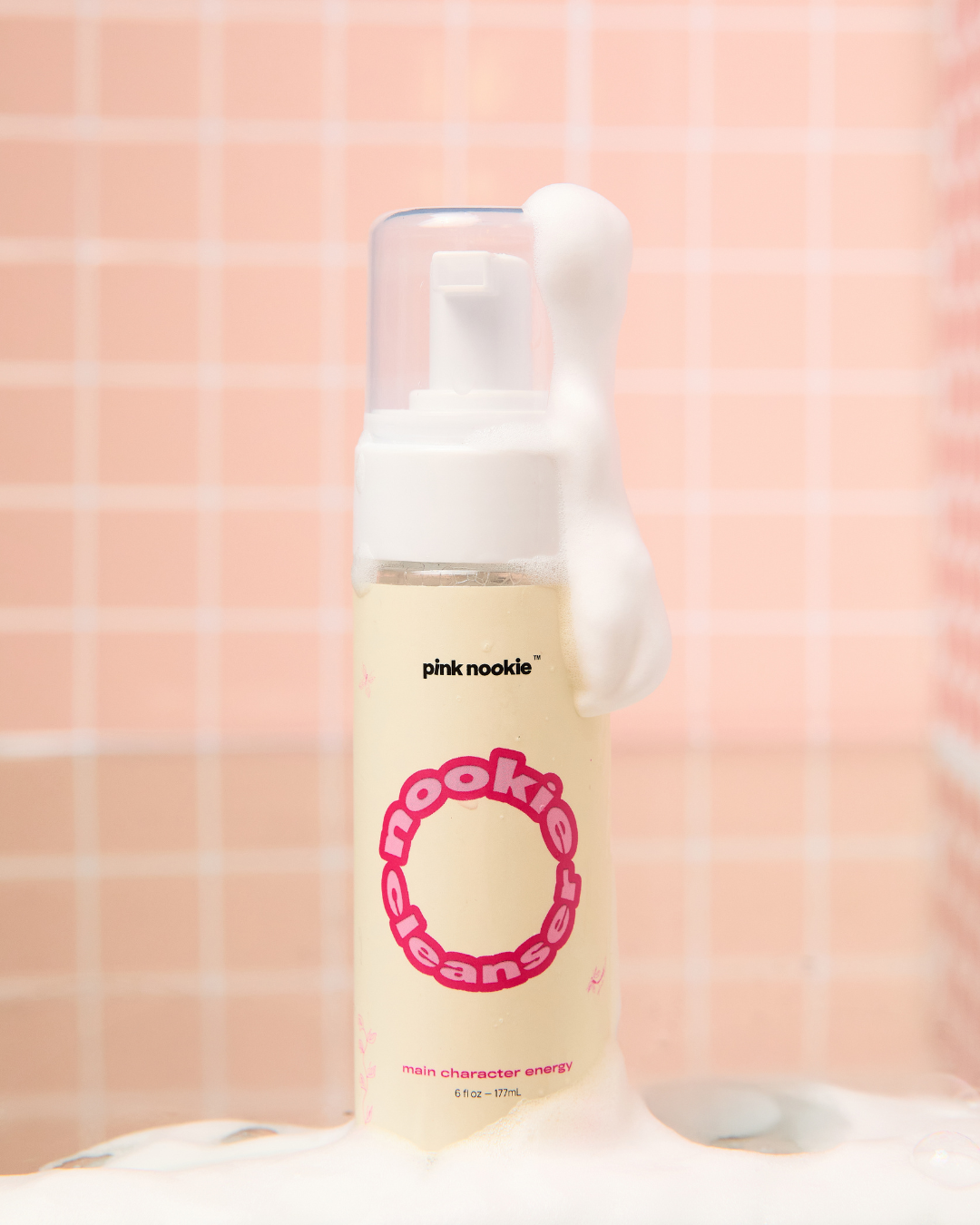
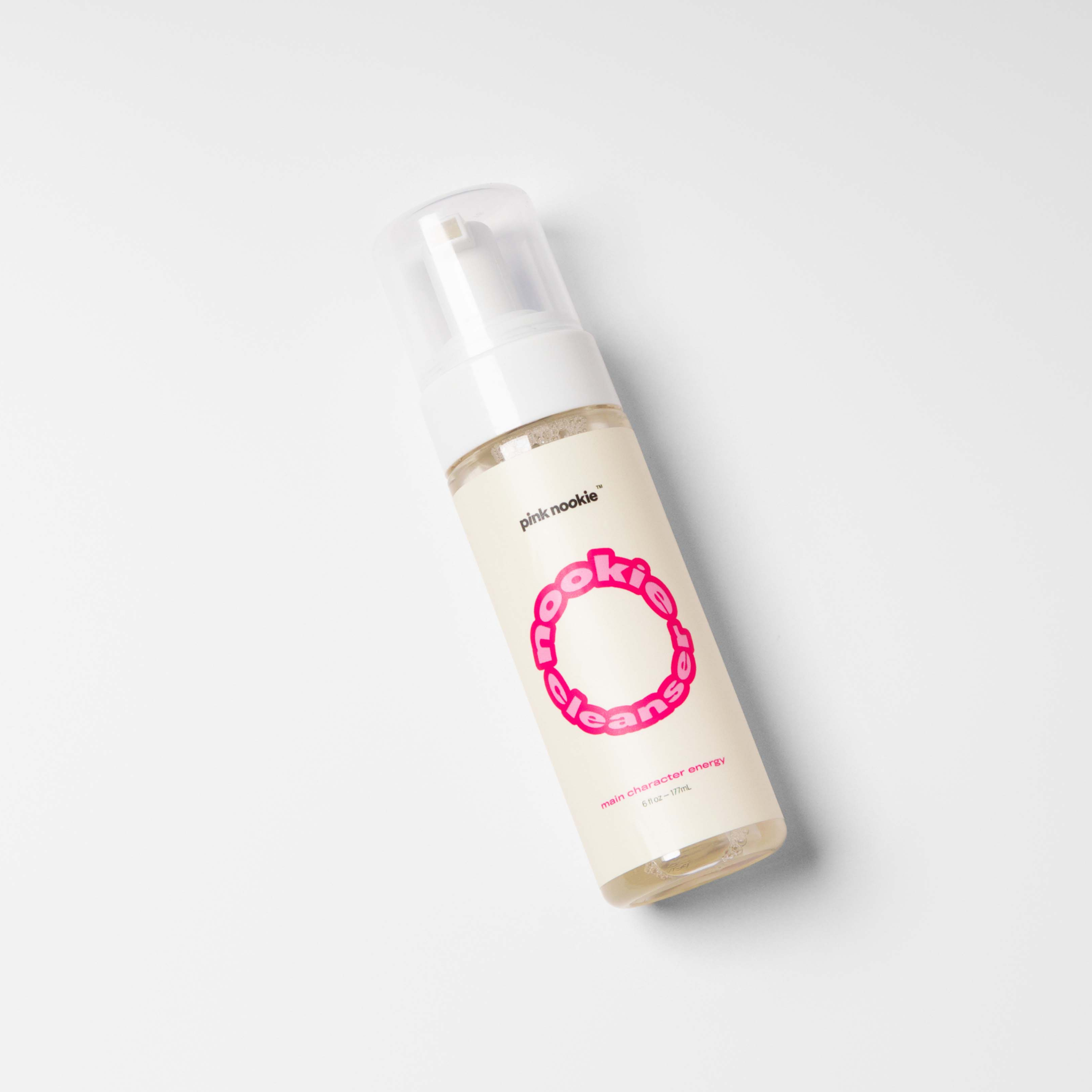
Causes of Heavy Periods
Heavy bleeding doesn’t just “happen.” There are several possible reasons:
- Hormonal imbalances (estrogen + progesterone out of sync)
- Fibroids or polyps (noncancerous growths in the uterus)
- Polycystic ovary syndrome (PCOS)
- Endometriosis
- Bleeding disorders (less common, but possible)
- Certain medications (like blood thinners or even some IUDs)
Even stress, weight changes, and diet can affect your cycle flow.
When to Pay Attention
Heavy bleeding isn’t something to brush off. Here’s when it’s time to check in:
❌ If you’re soaking through a pad/tampon in an hour or less, for several hours
❌ If your periods regularly last longer than 7 days
❌ If you’re passing large clots consistently
❌ If you’re experiencing symptoms of anemia (fatigue, shortness of breath, dizziness, or pale skin)
These are signs your body might need more support and that a doctor visit is worth it.
The Impact of Heavy Periods
Aside from being inconvenient, heavy periods can impact health in bigger ways:
-
Anemia:
Low iron levels from blood loss → tired, weak, and drained.
-
Pain:
More bleeding often means more cramping.
-
Mental health:
Constantly worrying about leaks can cause anxiety and stress.

What Can Help
You can’t always control flow, but you can support your body:
✨ Iron-rich foods: Spinach, beans, red meat, pumpkin seeds. Pair with vitamin C for better absorption.
✨ Stay hydrated: Blood loss can dehydrate you faster than you think.
✨ Gentle exercise: Walking or yoga helps circulation and reduces cramps.
✨ Track your cycles: Use an app or journal to note flow, clots, and how often you change products. This helps when talking to your provider.
✨ Choose the right products: Period panties, menstrual cups, or overnight pads can give you extra coverage and less stress.

Quick view
Mini Nookie Cleanser
-
Regular price
-
$17.00
-
Regular price
-
-
Sale price
-
$17.00
- Regular price
-
$17.00 - Regular price
-
- Sale price
-
$17.00
Quick view
Mini Honey Body Wash
-
Regular price
-
$17.00
-
Regular price
-
-
Sale price
-
$17.00
- Regular price
-
$17.00 - Regular price
-
- Sale price
-
$17.00
Quick view
Nookie Drizzle
-
Regular price
-
$31.00
-
Regular price
-
-
Sale price
-
$31.00
- Regular price
-
$31.00 - Regular price
-
- Sale price
-
$31.00
Quick view
Nookie Fruit
-
Regular price
-
$52.00
-
Regular price
-
-
Sale price
-
$52.00
- Regular price
-
$52.00 - Regular price
-
- Sale price
-
$52.00
Nookie pHresh Essentials
Heightened Senses
Some women report being more sensitive to smells, tastes, or even feeling more confident and energized around ovulation. That’s thanks to estrogen peaks and the body’s natural fertility cues.


